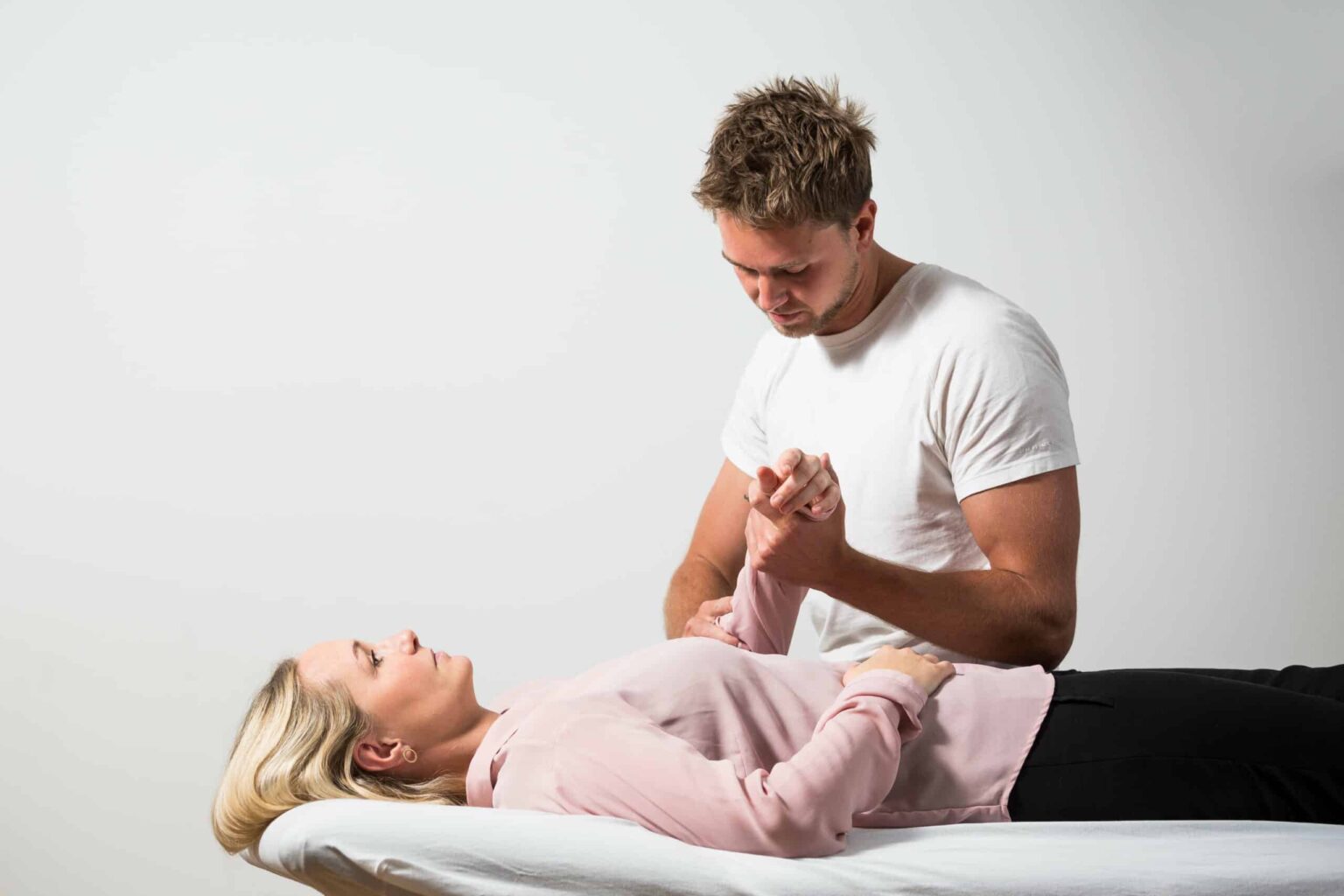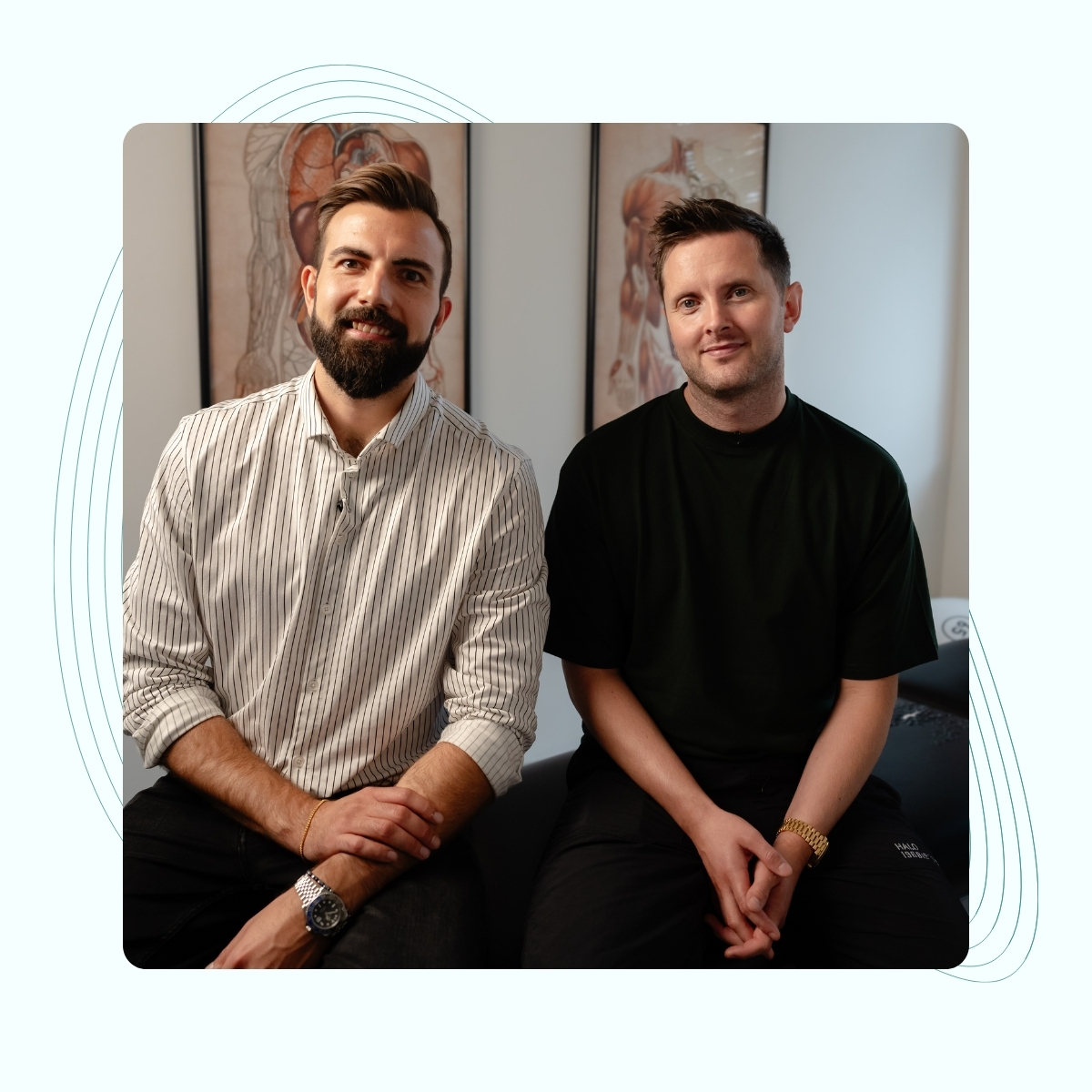We advise on and remedy symptoms from
Kissing disease
Learn more about kissing disease and its treatment
What is the kissing disease (mononucleosis)?
The kissing disease, also known as mononucleosis, is a viral infection caused by the Epstein-Barr virus (EBV). The disease is primarily transmitted through saliva, which is why it is called the “kissing disease.” Although it most commonly affects young adults, people of all ages can be affected.
Jump to section [Show]
Symptoms of kissing disease
Kissing disease primarily affects young people aged 15-24 years, and the infection occurs mainly through intimate contact via saliva. At first, the disease can cause flu-like symptoms such as fatigue, fever, sore throat and swollen lymph nodes. Kissing disease can also lead to infection of the spleen and liver. However, it is often seen that many people get the disease as children without symptoms, which then leaves lifelong immunity. 95% of adults have immunity to the disease (1)
Other symptoms
Eyes: Light sensitivity
Tonsils: Redness, swelling, white coating
Throat: Pain, redness, whitish coating, foetor ex ore (bad breath)
Lungs: Cough
Stomach: Nausea

Causes of kissing disease
The Epstein-Barr virus (EBV) is a herpes virus and the primary cause of kissing disease. EBV replicates mainly in B lymphocytes and can also multiply in the epithelial cells of the pharynx or salivary gland duct.
Therefore, the disease is typically transmitted through intimate contact via saliva, such as through kissing (2).
When EBV multiplies in the pharynx, B lymphocytes and salivary gland ducts, it can cause symptoms such as swollen lymph nodes, fever and sore throat as the B lymphocytes spread the virus to the liver, spleen and lymph nodes.
Diagnosis of kissing disease
Kissing disease has typical symptoms that can help make the diagnosis, including fever, sore throat, swollen lymph nodes, and general malaise. Since the symptoms can resemble strep throat, the doctor may examine the mouth for swollen tonsils with white deposits and tender lymph nodes under the jaw.
To confirm the diagnosis, your doctor may use a monospot test. If this test is negative, a blood test may be needed to check for antibodies to EBV. This will give a more accurate answer (1).
Treatment options for kissing disease
Medical treatment
The viral infection that causes kissing disease is not treated directly. Penicillin and antibiotics do not work because it is a virus and not a bacterium. However, paracetamol, ibuprofen, or aspirin (NSAID) can be used for pain (4).
Self-treatment
Get plenty of sleep, water, and eat healthily. This will help relieve symptoms and prevent dehydration. It is important not to lose weight during the illness so that the body can heal as best as possible.
Osteopathic treatment:
-
-
- Release muscle tension: Relief from headaches and tension in the chest, lung tissue, spleen and liver.
- Improve blood circulation: Manual therapy can increase blood circulation and reduce inflammation.
- Support the immune system: Osteopathy can regulate the immune response so that the body is best equipped to fight the virus.
-
Prevention of kissing disease
Kissing fever can be difficult to prevent because it is a virus. If you are between the ages of 15-24 or know someone who has the disease, you can do the following to reduce your risk of infection:
-
-
- Avoid sharing drinking bottles.
- Avoid kissing someone who has kissing disease.
- In general, avoid intimate contact where saliva can be transferred.
-
You can be near an infected person without getting sick yourself. In rare cases, infection can occur through coughing or sneezing.

Complications associated with kissing disease
Since herpes is a herpes virus infection, the virus remains in the body of most adults for the rest of their lives. This is not dangerous, as the virus typically lies dormant and rarely causes symptoms again. You also cannot infect others once you are well.
In severe immunodeficiency, EBV can reactivate and in rare cases lead to lymph node cancer, so it is important to contact your doctor if you have such problems. You should also avoid sports activities that risk blows to the abdomen, as the spleen can rupture in rare cases (1).
Long-term effects of kissing disease
95% of adults have had kissing disease, which provides lifelong immunity (5), so it is not possible to be reinfected or experience reactivation. However, a weakened immune system can increase the risk of lymph node cancer. A larger proportion of those who have had kissing disease develop multiple sclerosis, but this does not mean that everyone with the disease will get multiple sclerosis (6).
EBV is a non-hepatotropic virus, meaning it does not primarily attack the liver. Although EBV can cause acute hepatitis in rare cases, it does not cause chronic liver problems like hepatitis B and C (10).
Kissing disease in children vs. adults
Young children often have mild or no symptoms, meaning they can typically return to kindergarten/school when their condition allows (5). Adults, on the other hand, often experience more pronounced symptoms, including flu-like symptoms, loss of appetite, heartburn, and fever. Although symptoms vary between children and adults, EBV remains lifelong, lying dormant in the body. Only in very rare cases can adults clear the virus.
Myths and Misconceptions about kissing disease
You are not allowed to do sports or exercise:
False. Light exercise is allowed, but strenuous exercise with the risk of blows to the stomach should be avoided as the spleen can be damaged.
You must not consume alcohol during the illness:
True. The liver is stressed, so alcohol can damage it for up to a month after the onset of the disease.
Kissing disease can cause cancer:
True. EBV can affect the lymph nodes, and a weakened immune system can increase the risk of lymphoma. However, the risk for healthy people is extremely low.
Kissing disease causes a red rash:
True. Red rash occurs in about 5% of cases, but is otherwise rare.
You are sick for a long time:
False. Most people recover within 3 weeks, but some may experience persistent fatigue. After infection, EBV remains dormant in the body and you cannot become infected or sick with kissing disease again. This is different from other herpes viruses, which can reactivate.

Lifestyle and nutrition advice with kissing disease
The loss of appetite associated with kissing disease makes it important to focus on a healthy diet. It is recommended to eat a diet rich in energy and protein to maintain muscle mass, with foods such as poultry, fish, eggs, dairy products, legumes and lentils.
Vitamins B, B12, C, A, D, K and E are essential for supporting the immune system and healing.
B vitamins are found in meat and dairy products, while vitamins C and E are found in citrus fruits, berries, and vegetables. Vitamins A, D, and K are important for bones and tissues and are found in fish and dark green vegetables (8, 9)
A varied diet can ensure an adequate intake of vitamins, but vitamin supplements may be recommended to maintain balance.
Additionally, exercise is beneficial for blood circulation and can reduce stress. A simple 20-minute jog can make a difference.

Often related injuries
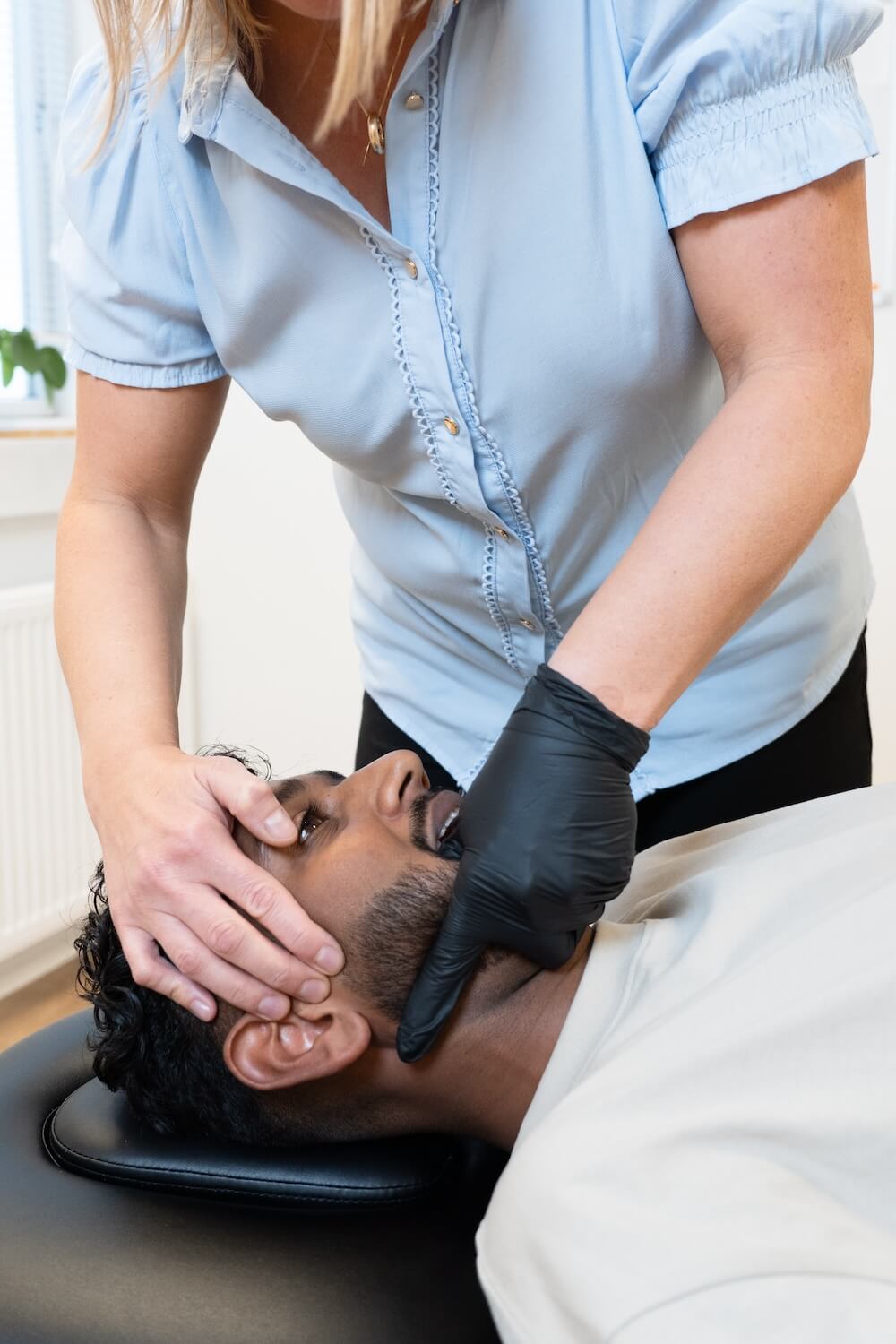
Kissing disease
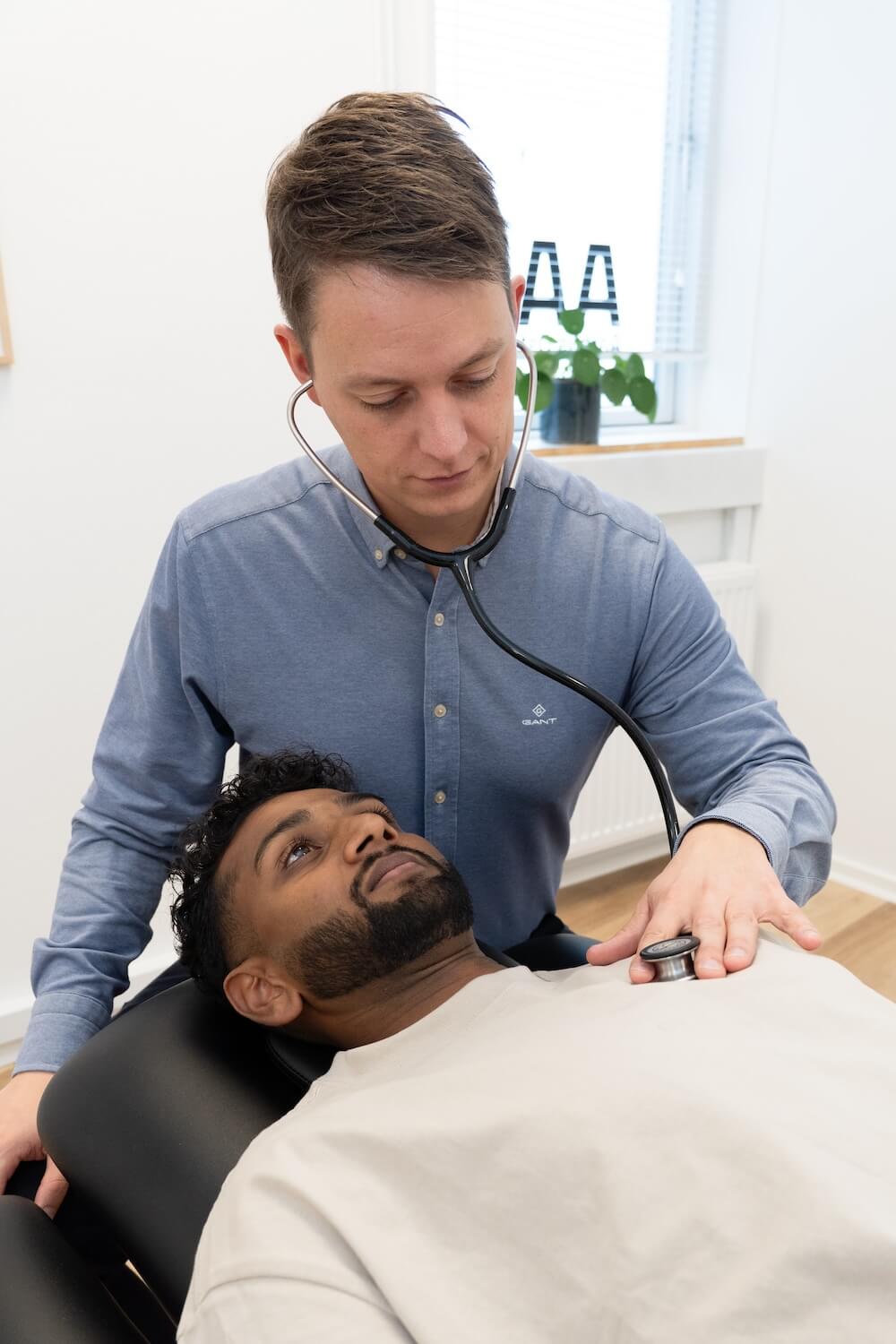
Diabetes mellitus
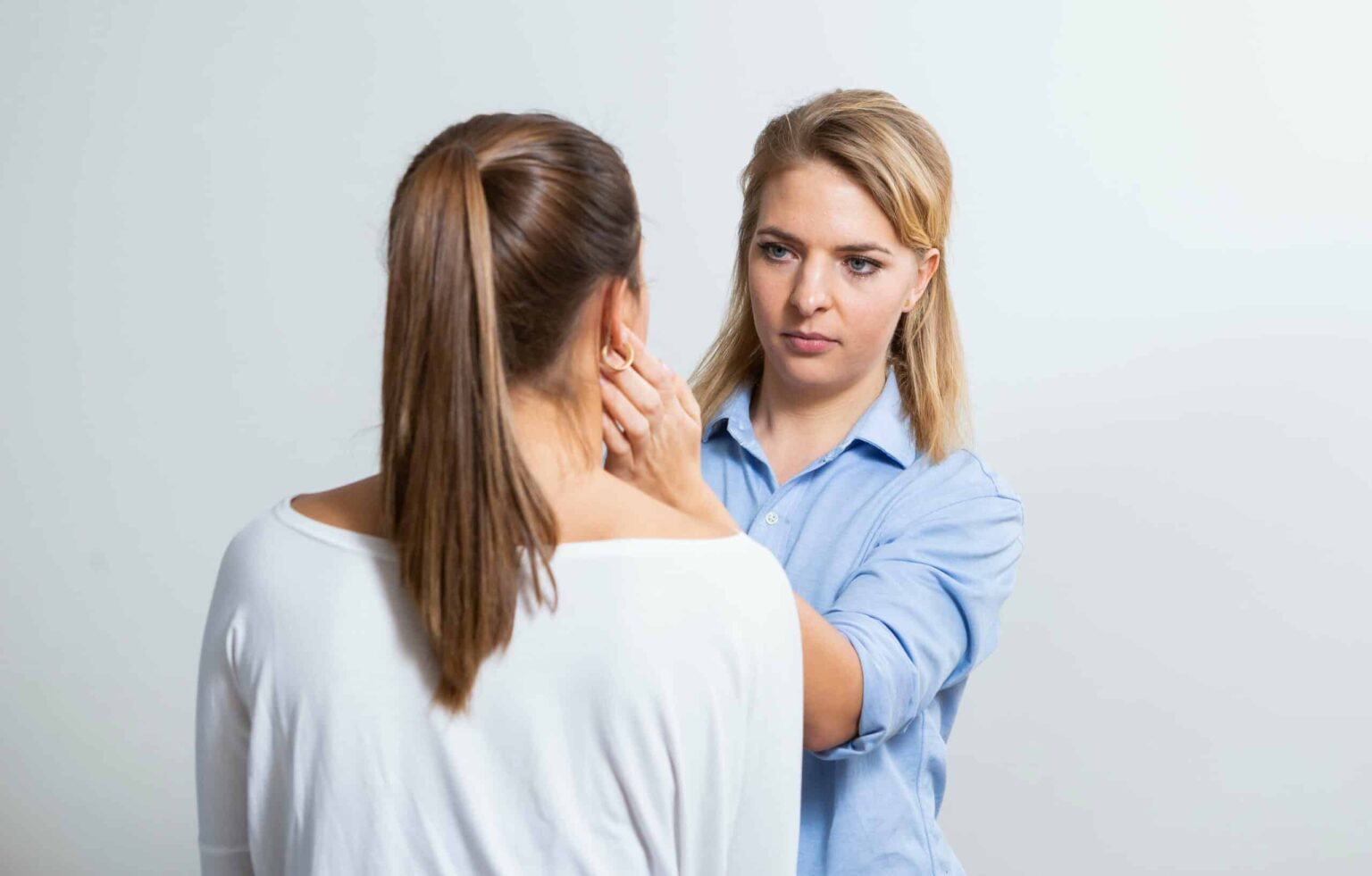
Eye inflammation
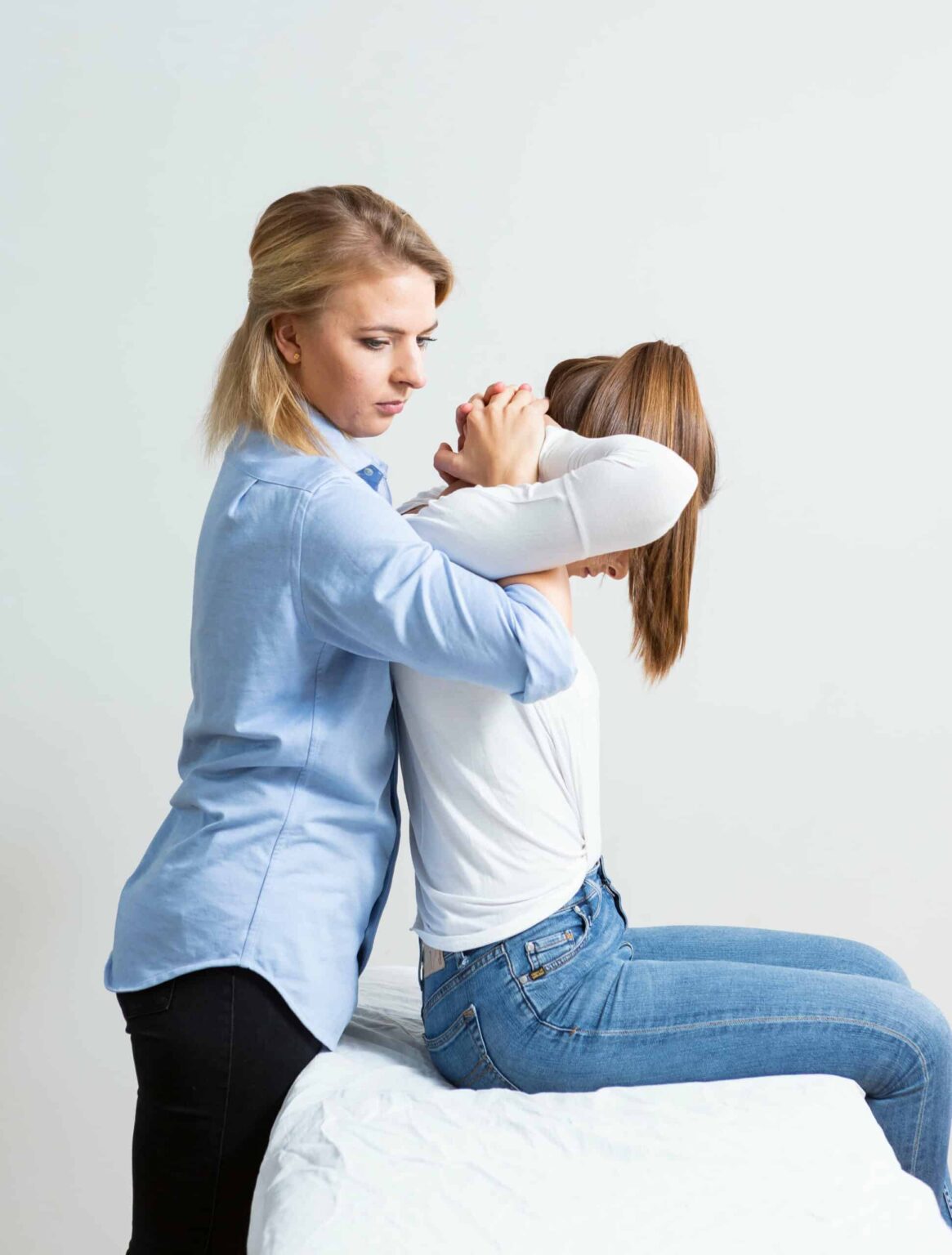
Padel injuries

Sedentary work
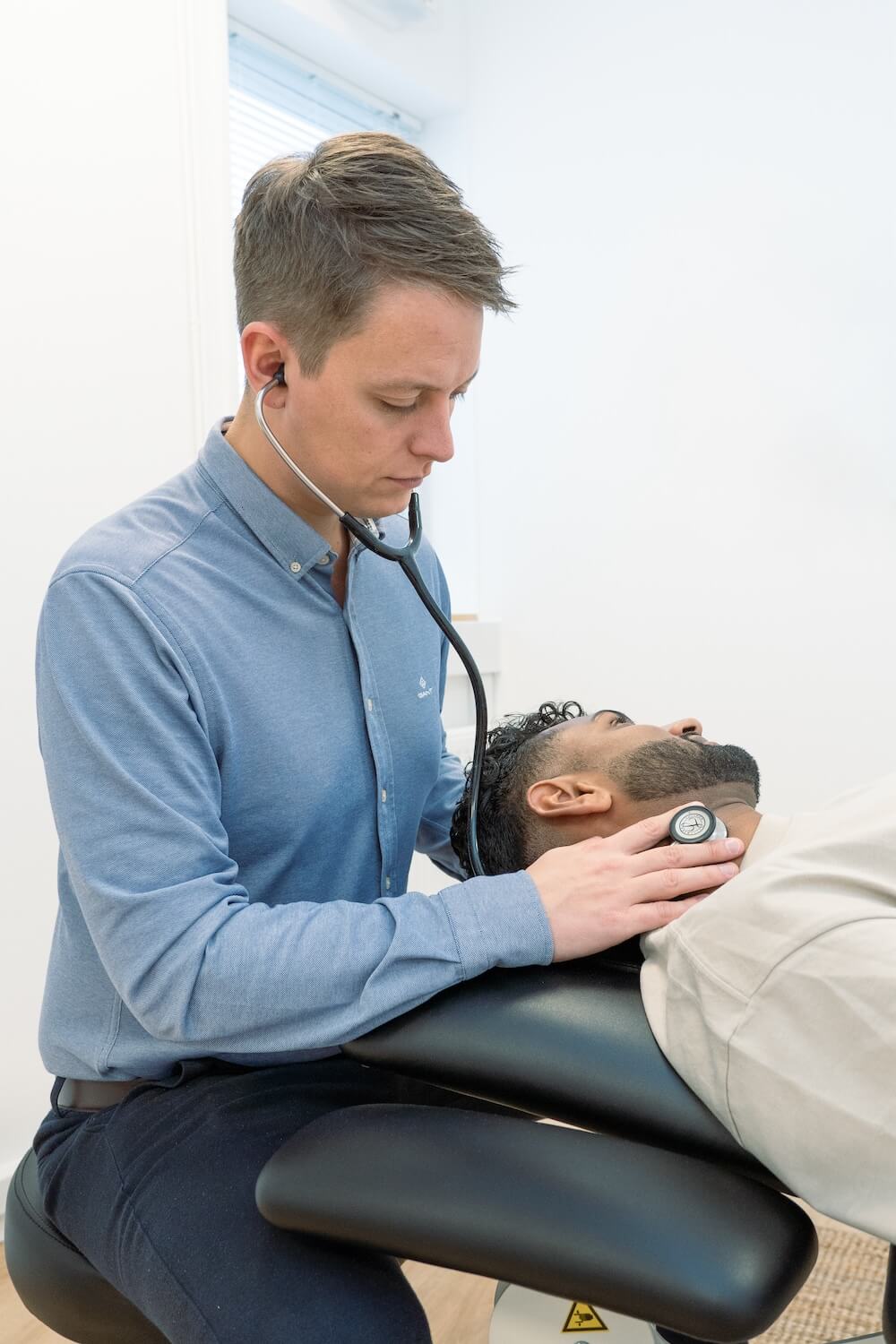
Nicotine and exercise
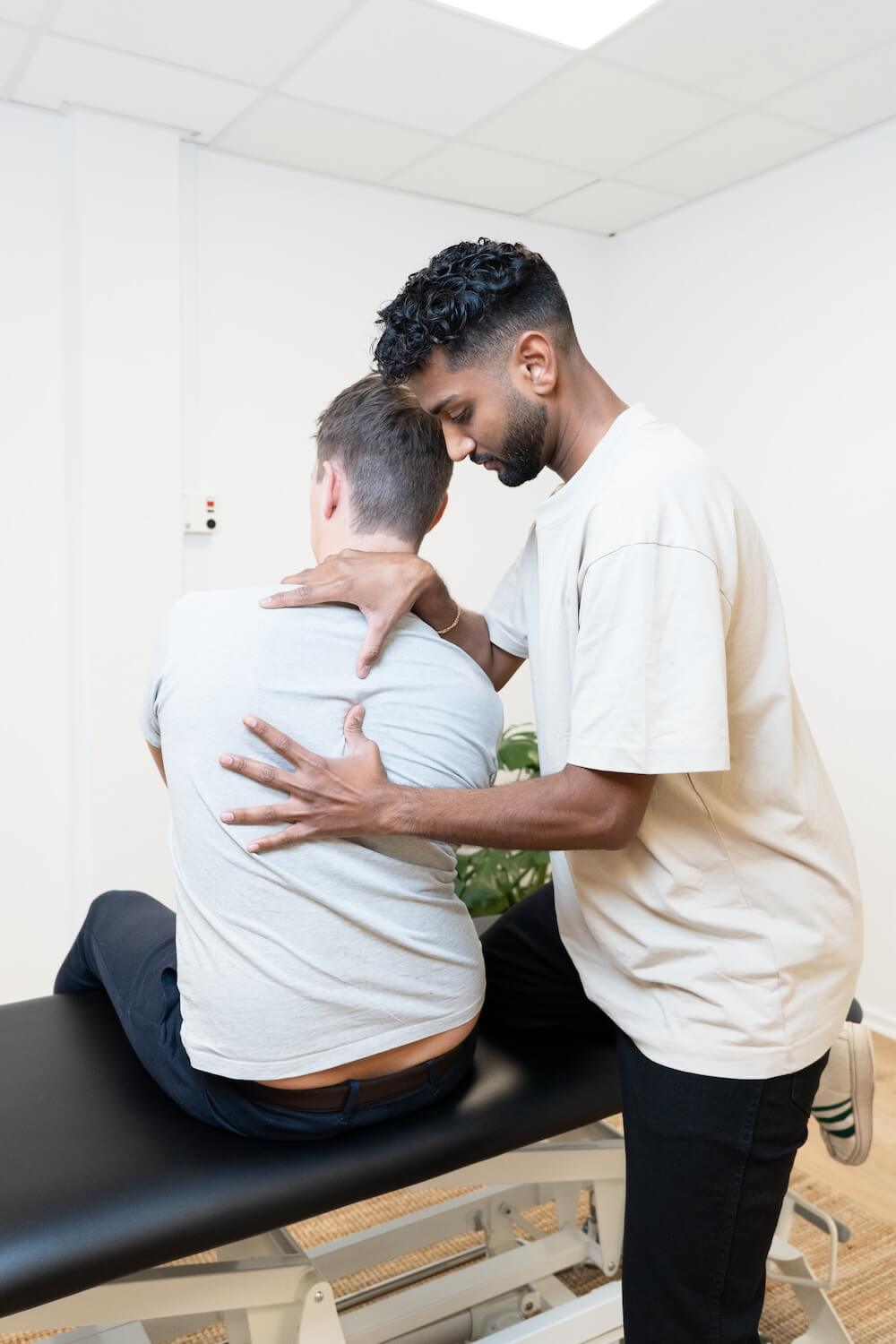
Shingles
